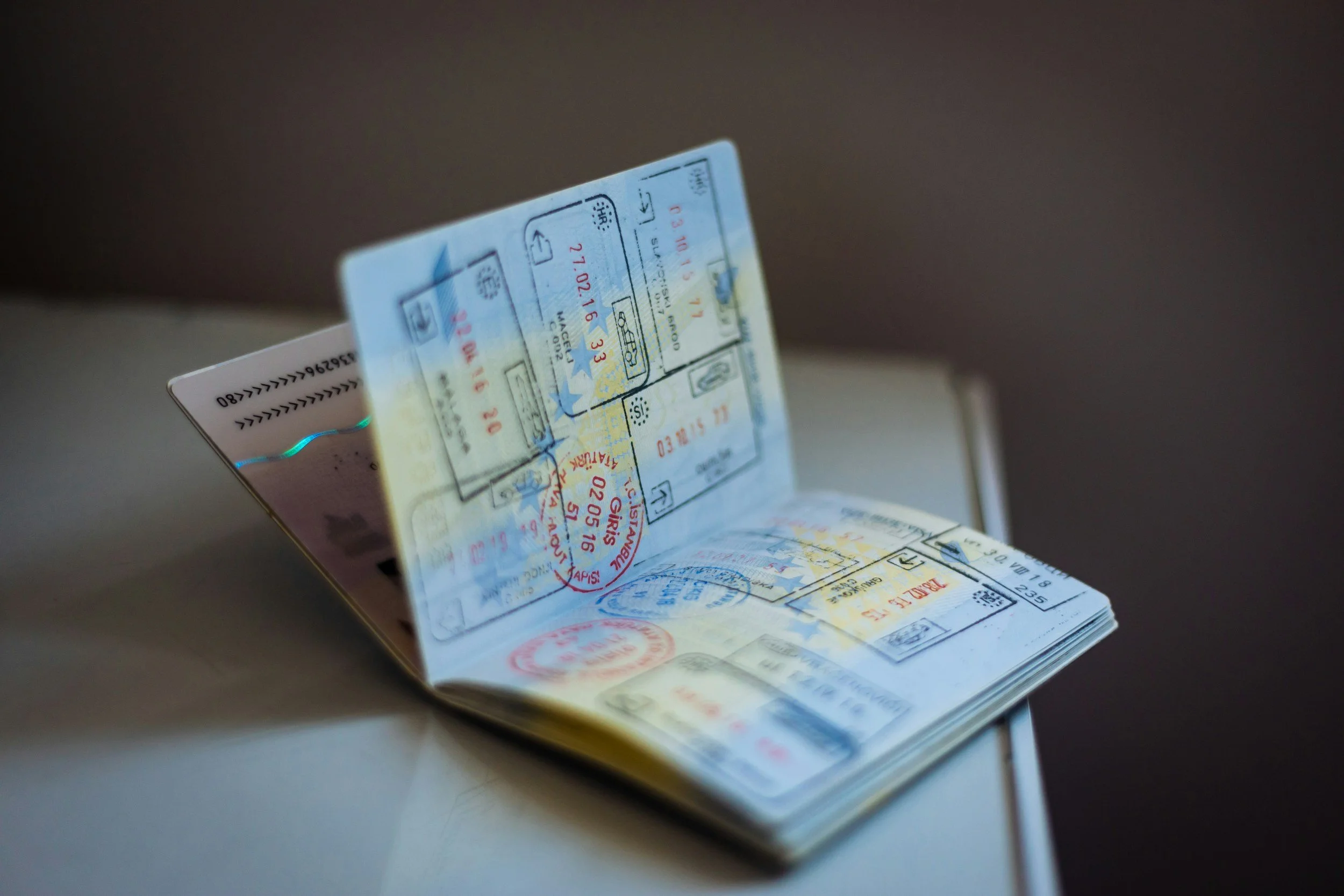
12-Month Visa Bond Pilot Program
U.S. Department of State Launches 12-Month Visa Bond Pilot Program
Starting August 20, 2025, select B-1/B-2 visa applicants from specified countries—initially Malawi and Zambia—must post a refundable bond of $5K, $10K, or $15K to secure visa issuance.
Administered via Pay.gov (Form I-352) and effective until August 5, 2026, this initiative is designed to test the viability of using financial deterrents to improve departure compliance and reduce visa overstays. Visas will be single-entry, valid for three months, and admission may be restricted to 30 days. https://www.ice.gov/doclib/forms/i352.pdf
This pilot addresses critical immigration policy priorities offering a pragmatic tool for enhancing enforcement and promoting better screening—while generating data to evaluate potential program expansion.
Key Details
Effective Date: August 20, 2025
Program Duration: 12 months (ends August 5, 2026)
Who Is Affected: Nationals of designated countries with high overstay rates, inadequate screening systems, or Citizenship-by-Investment (CBI) programs with no residency requirement.
Initial Countries: Malawi and Zambia (additional countries may be announced with 15 days’ notice).
Visa Types Impacted: B-1 (business) and B-2 (tourist) visas only.
Excluded Categories: Students (F visas), temporary workers (H visas), exchange visitors (J visas), and Visa Waiver Program travelers.
How It Works
Consular officers may require a refundable bond of $5,000, $10,000, or $15,000 before visa issuance.
The amount is determined on a case-by-case basis using risk assessments.
Bonds are posted via Form I-352 on Pay.gov and held in a U.S. Treasury account.
Visas issued under this program are single-entry, must be used within 3 months, and may be limited to a 30-day stay upon entry.
The bond is refunded if the traveler departs the U.S. on time and in compliance with visa terms.
Why This Matters
Designed to deter overstays and strengthen compliance.
Targets countries with weaker immigration controls or liberal CBI programs.
Could signal a broader policy trend toward financial accountability in nonimmigrant visa issuance.
For travelers and businesses in the impacted countries, this rule introduces an added cost and procedural step in securing a U.S. visa. Employers should budget for potential bond payments and plan for stricter travel timelines.
Our attorneys can assist with determining eligibility, understanding bond requirements, and ensuring compliance to secure a full refund.
